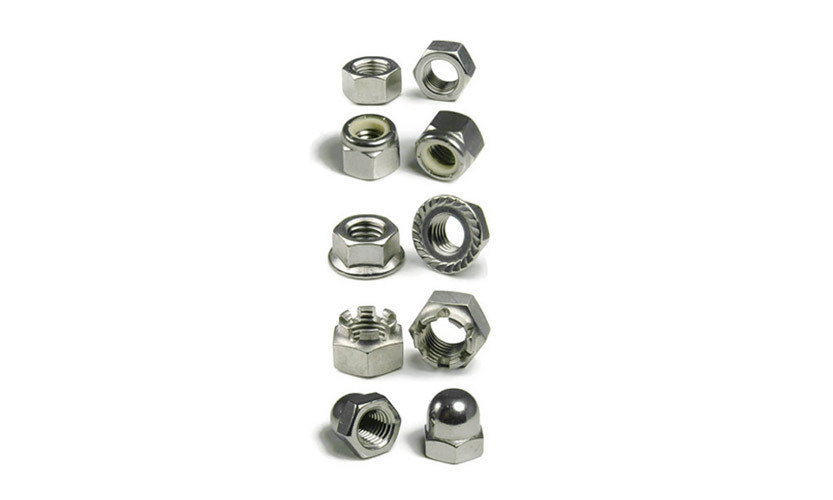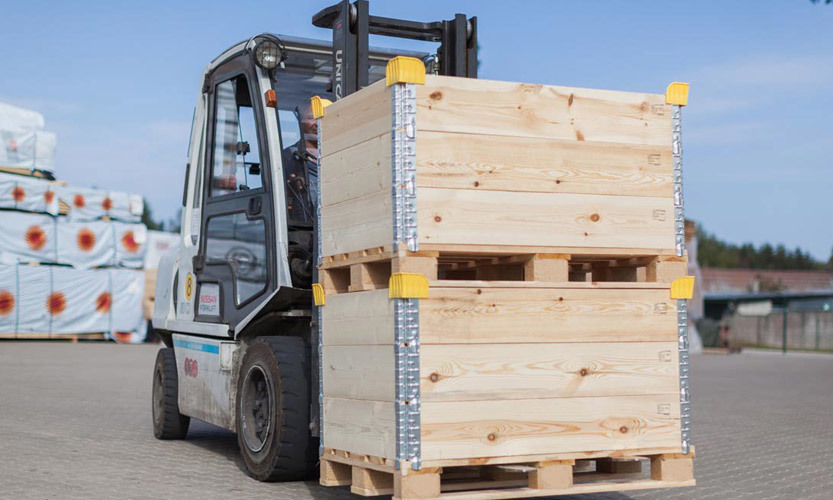Thin/Dome Cap/Flange/Hex/Nyloc Nut
- Commodity name: Thin/Dome Cap/Flange/Hex/Nyloc Nut


Keyword:
Thin/Dome Cap/Flange/Hex/Nyloc Nut
- PRODUCT DESCRIPTION
-
Nut Types 



Hex
A six sided nut. Also referred to as a finished hex nut.Nylon Insert Lock
A nut with a nylon insert to prevent backing off.Also referred to as a NylockJam
A hex nut with a reduced height.Nylon Insert Jam Lock
A nylock nut with a reduced height.



Wing
A nut with 'wings' for hand tightening.Cap
A nut with a domed top over the end of the fastener.Acorn
Acorn nuts are a high crown type of cap nut, used for appearance.Flange
A nut with a built in washer like flange.



Tee
A nut designed to be driven into wood to create a threaded hole.Square
A four sided nut.Prevailing torque lock
A non-reversible lock nut used for high temperature applicationsK-Lock or Kep
A nut with an attached free-spinning external tooth lockwasher.



2-Way Reversible Lock
A lock nut that can be installed either side up. Often used in high temperature applications.Coupling
Coupling nuts are long nuts used to connect pieces of threaded rod or other male threaded fasteners.Slotted
Slotted nuts are used in conjunction with a cotter pin on drilled shank fasteners to prevent loosening.Castle
Castle nuts are similar to slotted nuts but with the slots in a rounded section above the main nut.Fastener material and coating 
Fasteners come in a variety of materials. Selecting a material should be based on such considerations as environment (corrosive or temperature extremes), weight, magnetic properties, stresses, reusability, and expected life.
Steel: Most fasteners are made from steel. Specifications cover a broad range of mechanical properties that are indicated by a bolt-head marking system that identifies the fastener by grade. For example, SAE grades 2, 5, and 8 are most often specified. Common steels are SAE 1010 (machine screws, carriage bolts, and other fasteners without critical strength requirements); SAE 1018, 1020, 1021 (bright cap screws, special items); SAE 1038 (high-strength bolts, studs, nuts, cap screws); SAE 1041, 1045, 1330, 1340 (special high-strength requirements), and SAE 1100 series (resulfurized -- usually for nuts).
Aluminum: Aluminum alloys are the least costly, by volume, of all fastener metals. Aluminum fasteners are classified as hardenable and nonhardenable and weigh about one-third as much as steel. Some grades equal or even exceed the tensile strength of mild steel. The metal polishes to a high luster, has high thermal and electrical conductivity, is nonmagnetic, can be hardened by alloying, and has high corrosion resistance. Typical fastener alloys are 2024-T4 (cold-formed bolts, screws, rivets, machine-screw nuts), 2011-T3 (milled-from-bar nuts, screws, bolts), 1100 (cold-formed rivets), and 6061-T6 (nuts).
Brass: This metal is worked easily into shape and has adequate strength. Tensile strength or hardness is improved by cold working. Some brasses have a greater tensile strength than mild carbon steel, along with a higher resistance to corrosion. The metal is nonmagnetic and takes a high luster.
Copper: One of the most malleable of all metals, copper also has good corrosion resistance and the highest conductivity of all the nonprecious metals.
Copper:One of the most malleable of all metals, copper also has good corrosion resistance and the highest conductivity of all the nonprecious metals.
Copper is alloyed with silicon and manganese or aluminum for greater strength. Lead is added to give free-machining qualities. Typical alloys are high-silicon bronze, type A (hot-forged bolts, nuts; milled-from-bar bolts, nuts, setscrews); low-silicon bronze, type B (cold-formed bolts, nuts, rivets, screws); silicon-aluminum bronze (hot-forged products requiring special properties); and cupro-nickel, a copper-nickel alloy used for high strength and resistance to saltwater corrosion.
Nickel: Fasteners can be made from commercially pure (99.4%) metal, Monel, or Inconel. They are used where toughness, immunity to discoloration and corrosion, and strength at high temperatures are desired.
Pure nickel: Ideal for applications involving contamination, and strength retention at both high and subzero temperatures.
Monel: Combines relative economy with adaptability to cold heading and roll threading.
Inconel: Excellent for fasteners that must retain high strength and oxidation resistance at temperatures up to 1,600°F.
Stainless steels: Fasteners of this metal are used where corrosion, temperature, and strength are problems. They also produce a mirrorlike finish. There are three basic types:
Martensitic: Magnetic and hardenable. Common fastener alloys are Types 410, 416, and 431.
Ferritic: Magnetic and not hardenable by heat. Can be cold worked with reasonably good results. Used for economic reasons, and where corrosion-resistance requirements are not too severe. Best fastener alloy types are 430 and 430F.
Austenitic: Nonhardenable, nonmagnetic, and offers the greatest degree of corrosion resistance. Typical alloys are 18-8 and 300 series.
Titanium:Fasteners made from this material are used chiefly on aircraft. Titanium has excellent corrosion resistance and good high-temperature performance. These fasteners are most commonly used in joints loaded in shear but are also used in tension-loaded joints.
Beryllium:Exceptionally lightweight, beryllium fasteners are about 40% as heavy as titanium. Brittleness is a limitation to widespread use. Beryllium bolts are used primarily for applications where the shear requirement is at least 60 ksi.
PACKING AND DELIVERY
With the advantages of continuous development, it has developed into a sales platform for many large-scale steel production enterprises in Shandong Province, and its sales areas are all over the provinces, cities and autonomous regions of the country.
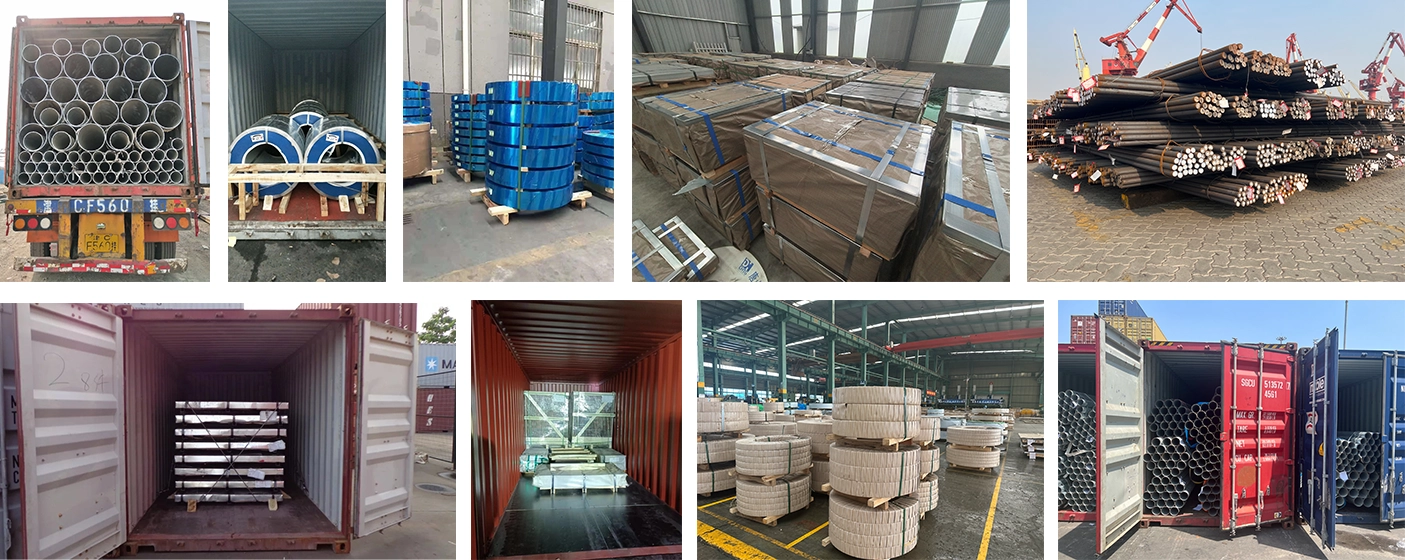
Detection
Strict inspection process to ensure product quality and quantity.

Factory appearance
Zhongkuang Steel (Shandong) Co., Ltd. is located in Shandong, an ancient historical and cultural city, on the coast of Bohai Sea, adjacent to Beijing and Tianjin.
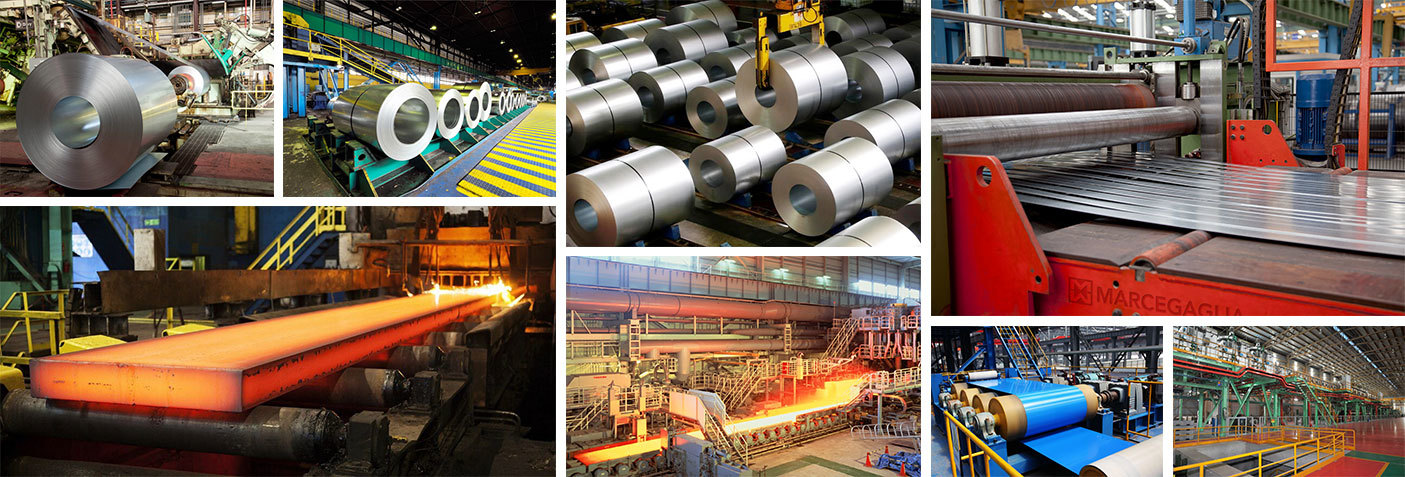
Partner
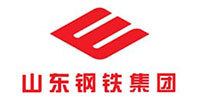
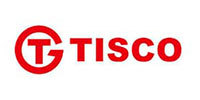
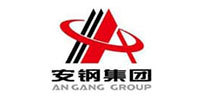
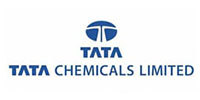
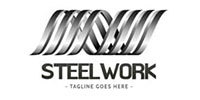
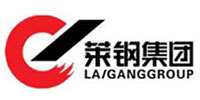
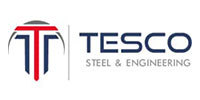
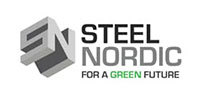
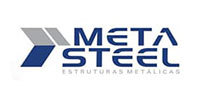
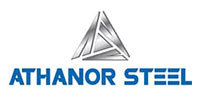


APPLICATION SCENARIO
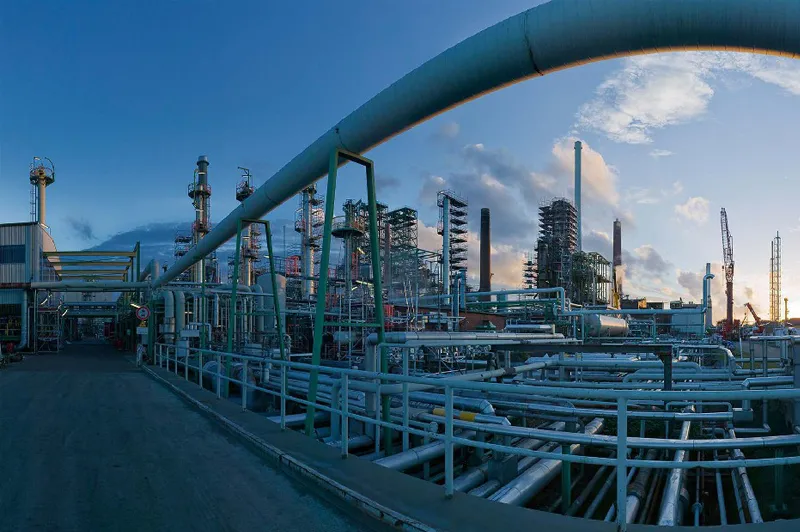


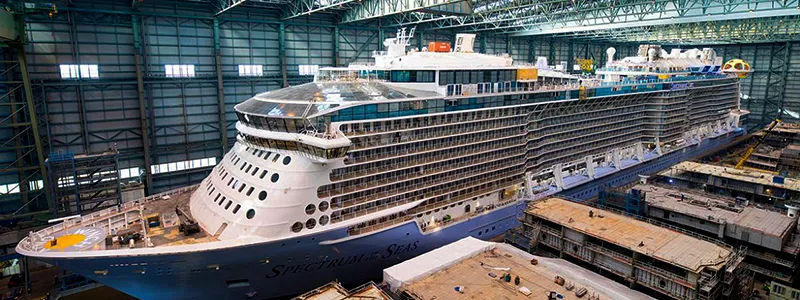
FAQ
How many countries you already exported to?
How can you guarantee the quantity and how can we trust your company ?
Get A Quote
Note: Please leave your email address, our professionals will contact you as soon as possible!
Related Products

